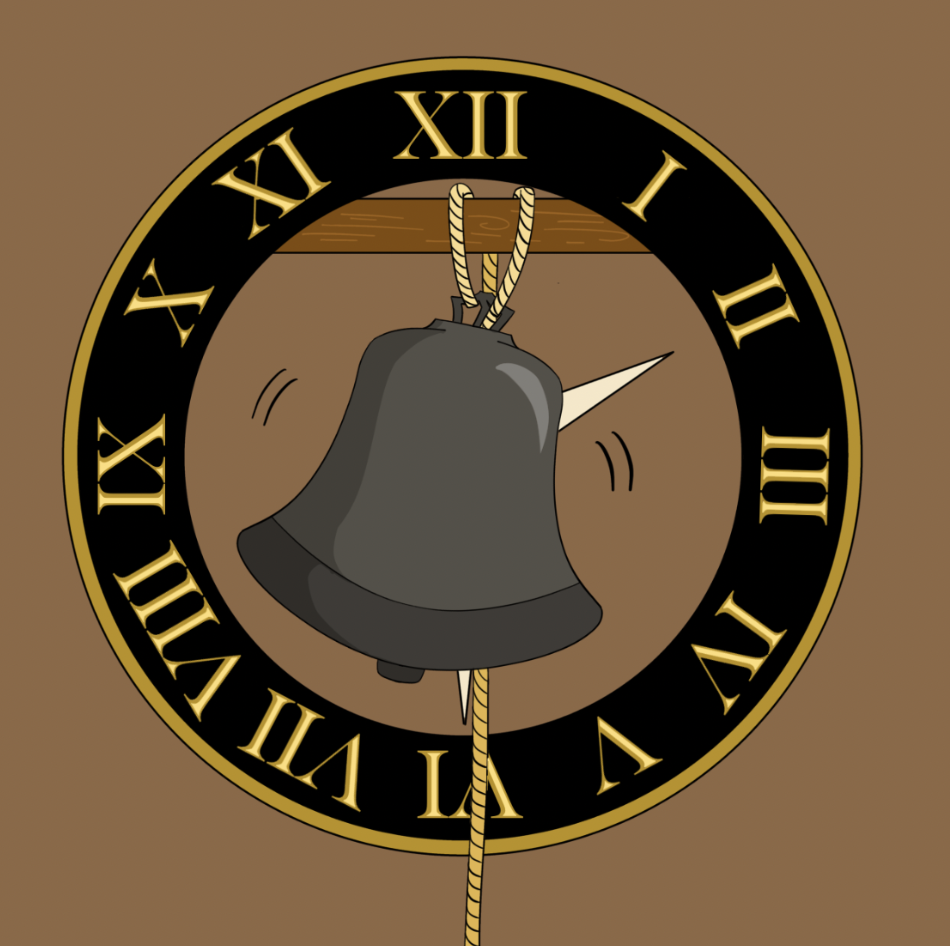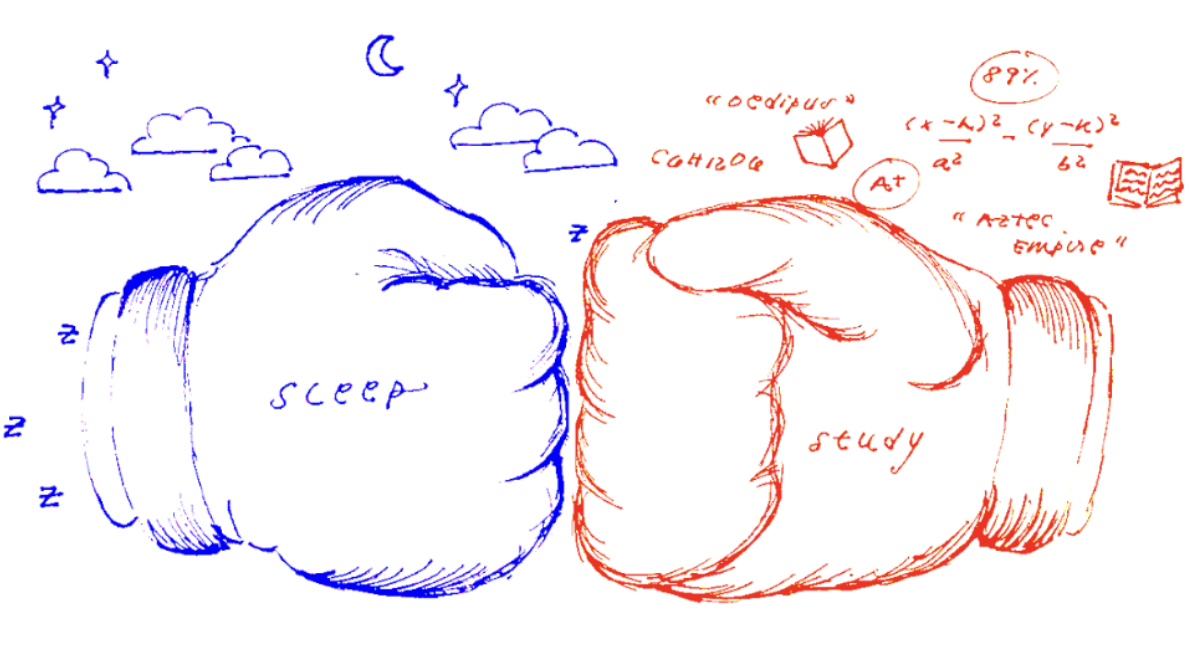Throughout winter break, a startlingly trivial question came to dominate my mind: whether or not to keep the title “Groton” in my social media bio after I graduate. It feels so silly, entirely insignificant, to become preoccupied with the way I define my digital identity for strangers on the internet. But to me, this quandary felt larger than just six letters you add to an Instagram bio. These six letters will come to define the circles I belong to for the rest of my life.
Whenever I speak with recent Groton graduates about adjusting to college life, they’ve explained that sometimes, you discover a mutual friend that will bind you together for the next four years. Perhaps your boarding school connection will lead you to discover that your and this acquaintance’s fathers both worked at Goldman Sachs at some point, and you are unknowingly close family friends. And if no existing connection was there, then you will make one: “You went to Groton, I went to Deerfield—let’s stick by each other’s side.”
There is an undeniable comfort in this. The thought of having a predestined circle of friends—expediting the process of what I’ll come to know as “networking”—makes me eager to keep these six letters in my bio.
Though, of course, I wouldn’t be connecting with just anybody: at Groton, we keep our circles small. We enter this elite institution only to develop a desire to jump to the next elite institution, and after that, another elite institution, and after that, an elite and cushy career.
The circles we are surrounded by in all these institutions will remain the ones we belong to in our adult lives, and the same ones that will define our choices in friendships and eventually in marriage. Our children will be born to inherit this privilege and they, too, will crave bonds with like-minded children. How wonderfully small the world seems when you go to Groton.
But what’s so wrong about this? Why am I conflicted about my decision to leave the word Groton in my bio and keep my secondary education at the forefront of my identity? And why shouldn’t I let myself be swept into elitist circles, happily out of touch with the majority of American society?
Frankly, I’d be a total hypocrite if I said I was avoiding that blissfully ignorant path in life. But I am afraid that if I continue this endless cycle of “networking”—of making my acquaintances purely on the basis of my Groton education—I will lose sight of how trivial and mind-numbing my endless pursuit of privilege has become.
In these circles that I am already contained within, and in the circles I will always belong to if I continue to make friends exclusively with the children of politicians and high-class executives, my awareness of the world beyond our bubble will begin to dwindle. No matter where I started before I came to Groton, the diploma I receive on Prize Day will be stamped with the badge of an “elite”: slightly more unaware, slightly more out of touch with the outside world than when we entered.
But if I can’t fully avoid this path, I have to use my Groton education not to drown myself in this mindless culture of prestige, but to resist it.
Groton, at its core, is a place of learning. Here, we are taught to challenge the world we live in. In every discussion about class and racism, in every community gathering, and in every Cultural Alliance and Debate meeting, we learn to question the world beyond our bubble. Yes, this questioning happens from a lofty position, far removed and elevated from the actual issues we debate. But we are given the tools we need to question the world—to challenge it from the ground up—in every experience Groton grants us. We learn to write argumentative essays that force us to play the devil’s advocate about important social issues. We may sit in the Dining Hall with somebody whose background is so starkly different that it baffles us, and we have to learn to confront them—in their profound humility, or their profound ignorance.
Every question we pose about the circles that surround us will puncture a slight hole in that air-tight bubble. I take comfort in the fact that my identity has been formed only from my moments of questioning: whether it is worth it to keep Groton in my bio, if these elite circles are really my desired social milieu, and what my definition of success really is. I am who I am only when I pause amidst this endless conveyor belt of elite institution to elite institution and consider the extent to which I really fit in these circles—or if my belonging to these circles has already been predestined.







